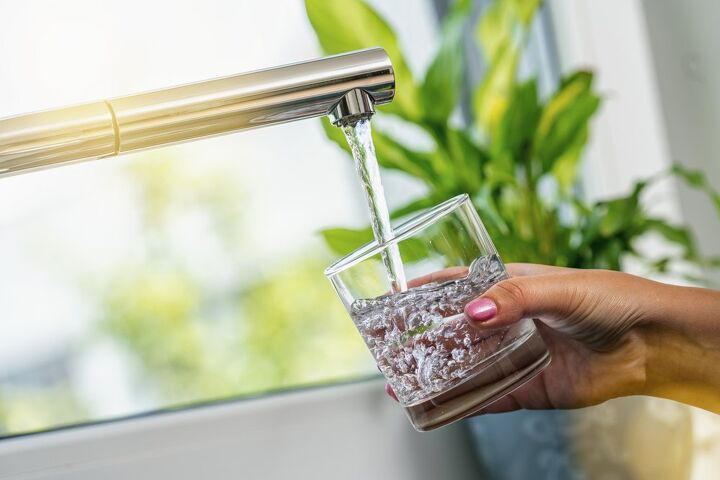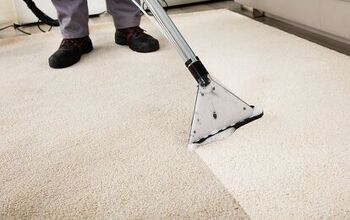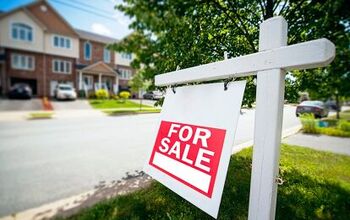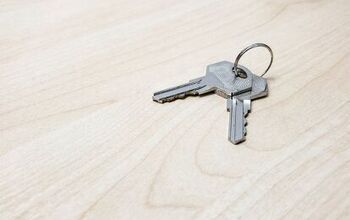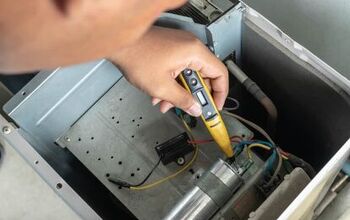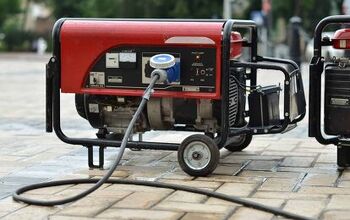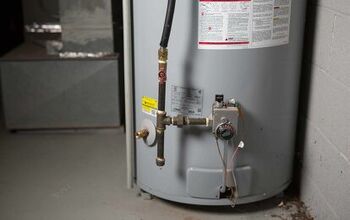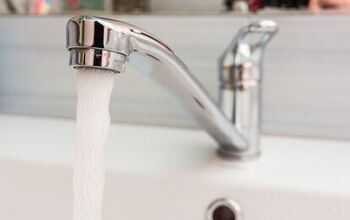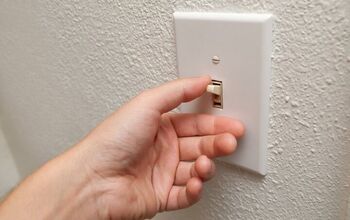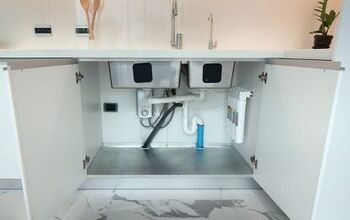Can A Landlord Restrict Water Usage? (Find Out Now!)

Water is one of those vital necessities that we all take for granted…until our access to it is cut off. With austerity measures in place throughout many parts of the country, it’s clear that water usage is starting to become a hot button issue. Landlords often pay for water, so are they allowed to tell you that you need to use less?
Landlords have the right to charge tenants for excess water usage or ask them to pay their own water bill. However, they cannot cut off water to your home. To restrict or even fine your renter, there has to be a clause regarding water usage in your apartment.
This may be one of the toughest issues to tackle as both a landlord and a renter. Our guide will give you a quick run-through of what a landlord can and cannot do.
Do You Need to Hire Movers?
Get free, zero-commitment quotes from pro contractors near you.

Before We Begin: Always Ask A Lawyer
If you want to sue your landlord or have reason to believe your lawyer is doing something illegal, call a lawyer. We’re great, but we’re not lawyers. We can only provide a general idea of what the laws are on a national scale. Things vary fro state to state, so always check for your specific situation.
Are Landlords Allowed To Restrict Water Usage In An Apartment?
“Restrict” is such a loose term. It can mean a bunch of things. Let’s take a look at the general agreement on what landlords typically can and cannot do:
- Landlords are NEVER allowed to shut off water to an apartment, unless it’s to fix the water line. They do not have this authority and it is actually illegal to do this. It breaks habitability codes in all 50 states and is seen as abuse.
- Your landlord can, however, make you pay for your own utilities. If the landlord’s rental agreement shows that you are responsible for water and electricity, then you are going to be the one in charge of those. If you don’t pay your water bill, the utility company can shut off your water legally.
- Your landlord can also install gear that lowers your regular water usage. For example, installing a low-flow toilet or an eco-friendly showerhead is a common way to decrease water usage.
- Landlords are generally not allowed to evict people over water use. This includes matters of “malicious” water usage.
- Finally, most landlords will have the right to charge a fee for excess water use if they mention it in their rental agreement. If there is no clause saying you will be charged a fee, then they can’t do this. However, if there is a clause that says you’ll be charged a fee after using X amount of water per month, you can be charged a fee.
How Do Landlords Know How Much Water You Use?
Landlords have the right to install multiple water meters in order to properly track tenant water usage. In this system, each tenant gets their own water meter which is read every month. They then get billed or notified of their water usage, depending on the agreement.
Not all apartments will have this setup, though. In recent years, there have been new software platforms and services that track and manage apartment water use. So, it often depends on the platform they use. If you feel like your landlord is singling you out, you have the right to ask about proof of this.
Should You Pay For Your Own Water?
In most cases, you won’t be asked to pay for your own water. Personally, I wouldn’t suggest being okay with this unless it is the norm in your city. In that case, it may be an inescapable part of apartment living. Some landlords are making the switch to asking people to pay for their own water as a result of recent utility increases.
Can A Landlord Restrict Laundry Room Usage?
Laundry rooms are a nice perk for apartment renters, and landlords who offer them do so at their own expense. However, most landlords need to be realistic about the amount of water they use and how frequently they could be used by tenants.
Landlords have the right to restrict laundry room usage to a reasonable amount. So, if you see a sign saying that you have a maximum of four weekly loads, that’s totally alright.
How Do Water Austerity Measures Work With Landlords?
Water austerity laws put a cap on how much water each property is allowed to use. In states like Texas and California, this becomes a serious issue. Thankfully, state legislators are well aware that it muddles up the ease of management that landlords deal with.
To help ease things up, they allow landlords to pass water bills onto tenants or add a water fee. This way, landlords do not have to suffer penalties for their tenants’ water wastes.
What Should You Do If You Believe Your Landlord Illegally Restricted Your Water Use?
A good rule of thumb is that you should assume that your landlord is acting in the right, but there are always going to be some egregious abuses of power. When this happens, we suggest you do the following:
- Check out your rental agreement and state laws. Just because something is in the agreement doesn’t mean it’s legal. Either way, it’s good to see if there are any specific written clauses for this matter before you bring it up to a lawyer or landlord.
- Discuss this, in writing, with your landlord. A simple, “New Jersey state law doesn’t appear to allow this. Could you please meet halfway on this and allow me to use the water?” Sometimes, it doesn’t even have to be that clear. Even asking for proof of excess water usage that is directly linked to you is enough,.
- If your landlord continues to restrict your water or fine you, it’s time to call a lawyer. A lawyer will help you draft a letter telling your landlord to stop their illegal activities. They also will inform you of your rights and how to handle the situation best.
- Should all else fail, have your lawyer bring you to court. A lawsuit can usually help you stand up for yourself and also maximize your legal rights. Most landlords who are doing something illegal, though, will settle out of court before the suit actually happens.
Do You Need to Hire Movers?
Get free, zero-commitment quotes from pro contractors near you.

Related Questions
Are landlords allowed to legally shut off your water?
Landlords are never allowed to shut off your water without a specific repair in mind. Your landlord does not own the water line, nor do they have any right to control them. The only time they are allowed to shut off the water is if there is a leak that they have to fix.
How long can you have your water shut off before your apartment is deemed uninhabitable?
Water is considered to be a basic staple of living, which means that all apartment owners are expected to give their tenants water at all times. An apartment only needs to have water cut off to it for 48 hours before it is considered to be a breach of habitability.The only time that there is an exception to this rule is if the tenant didn’t pay a water bill they were responsible for. If the landlord isn’t responsible for water, then there is no one to blame but the tenant. So, make sure that you pay any water bills you’re responsible for.
How long will water run after it’s shut off?
Water doesn’t immediately run out unless it’s being used by several different sources at a rate that depletes it at a rapid pace. In most cases, water will still run for a total of 30 minutes after the source has been shut off. With that said, it can be unpredictable as far as the exact timing goes. It’s best to assume it’s going to shut off as soon as the switch goes off.
Related Guide

Ossiana Tepfenhart is an expert writer, focusing on interior design and general home tips. Writing is her life, and it's what she does best. Her interests include art and real estate investments.
More by Ossiana Tepfenhart



